2013 Inductee Bios
(Click on a name below to view player bio)
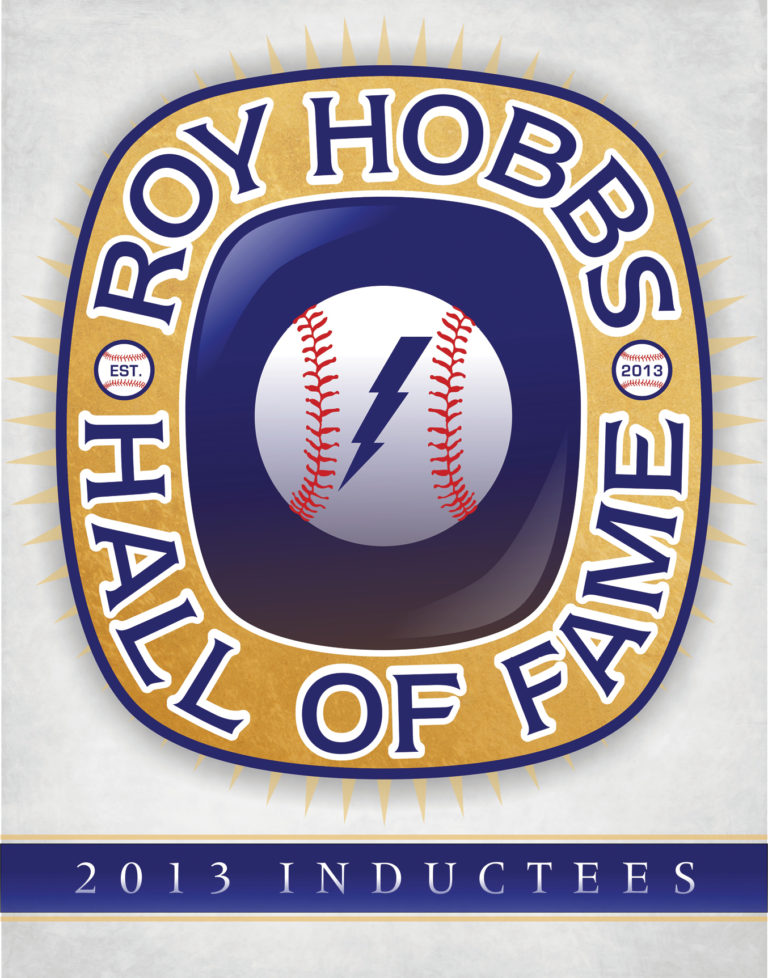 The Roy Hobbs Hall of Fame selected its Charter Class of Inductees and has honored 17 individuals during 2 Induction ceremonies at the 2013 Roy Hobbs World Series.
The Roy Hobbs Hall of Fame selected its Charter Class of Inductees and has honored 17 individuals during 2 Induction ceremonies at the 2013 Roy Hobbs World Series.
The Trustees of the Roy Hobbs Hall of Fame announced the inaugural class of the Roy Hobbs Hall of Fame in August, and the Induction Ceremonies were held on Sunday evenings – November 3 and 17 – in the Terry Park Stadium Plaza.
The Class of 2013 includes 17 players, coaches, managers, administrators, organizers and umpires whom the Trustees cited for outstanding contributions to the Game of Baseball, their teammates and baseball colleagues.
“While there were tough decisions to be made, we believe that these 17 men embody the principles upon which the Roy Hobbs Hall of Fame was created, and they exemplify the Hall of Fame Mission Statement,” the Trustees said in a statement.
“We are pleased to present the Class of 2013, a class that sets a high standard for all future Roy Hobbs Hall of Fame consideration,” the statement said. “We believe these men have had a significant impact on amateur baseball, both in their individual communities and in their participation in and representation of Roy Hobbs Baseball and the Roy Hobbs World Series.”
Click on the names below to view player bios.

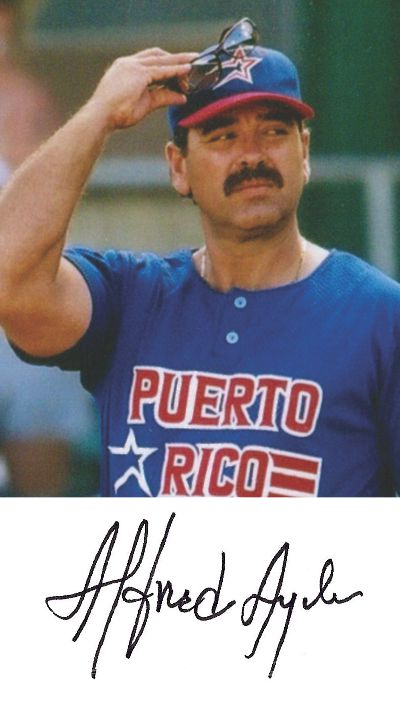 Alfred Ayala’s profession is a family physician, which means he’s a doctor who can take care of all sorts of ailments. No doubt, filling out prescription forms for patients is part of his life.
Alfred Ayala’s profession is a family physician, which means he’s a doctor who can take care of all sorts of ailments. No doubt, filling out prescription forms for patients is part of his life.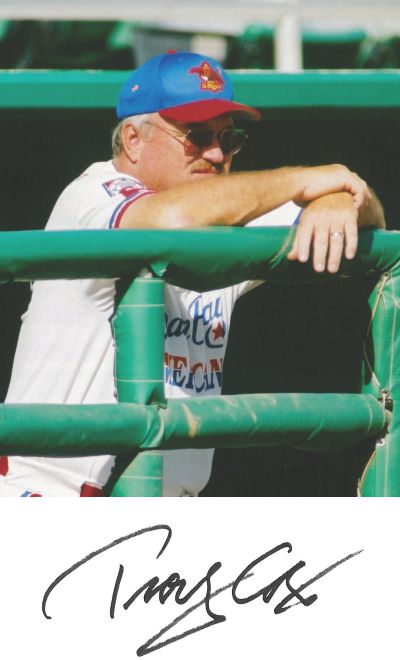 Troy Cox’s Roy Hobbs resume is as impressive, perhaps, as anybody’s. His Palm Bay Americans have won 8 Roy Hobbs Series titles and been runner-up 6 times.
Troy Cox’s Roy Hobbs resume is as impressive, perhaps, as anybody’s. His Palm Bay Americans have won 8 Roy Hobbs Series titles and been runner-up 6 times.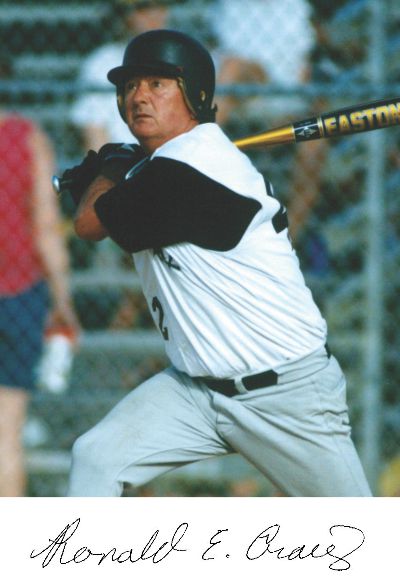 Ronnie Craig has been a Roy Hobbs World Series fixture since those long ago days when it was held in Central Florida.
Ronnie Craig has been a Roy Hobbs World Series fixture since those long ago days when it was held in Central Florida.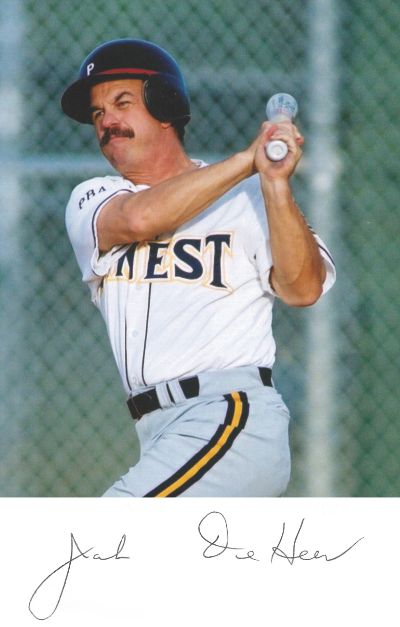 Once, a long time ago, Jack DeHeer was a sickly child who spent months in a hospital fighting scarlet and rheumatic fever. Jack explained that he was bed-ridden and shuttled around the hospital in wheelchairs.
Once, a long time ago, Jack DeHeer was a sickly child who spent months in a hospital fighting scarlet and rheumatic fever. Jack explained that he was bed-ridden and shuttled around the hospital in wheelchairs.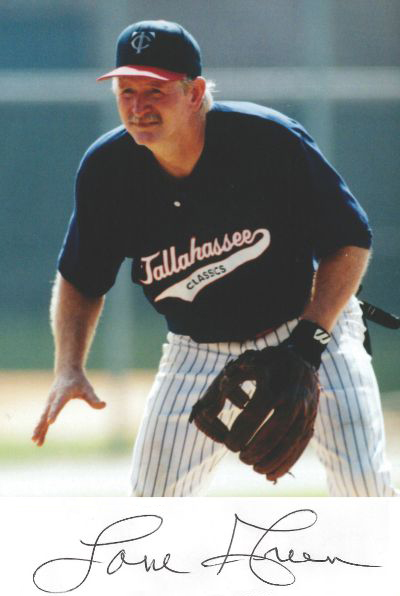 The Lane Green nominations for the Roy Hobbs Hall of Fame were numerous and effusive from those who know him best.
The Lane Green nominations for the Roy Hobbs Hall of Fame were numerous and effusive from those who know him best.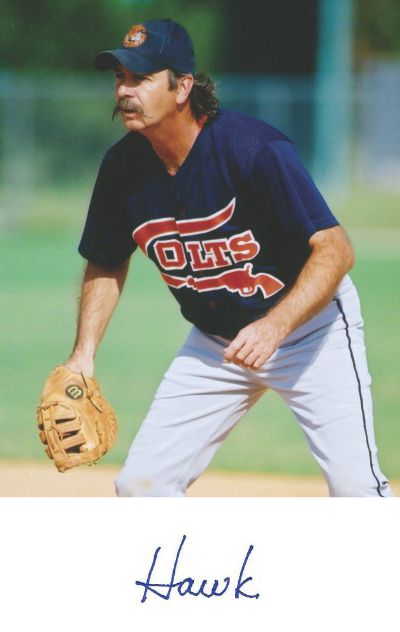 Bob Hawkins’ childhood may sound familiar to older Roy Hobbs players. As a boy in Freemont, Indiana, he and friends rode bicycles with clothespins holding Bazooka bubblegum cards to the spokes so they made a clicking-clacking sound.
Bob Hawkins’ childhood may sound familiar to older Roy Hobbs players. As a boy in Freemont, Indiana, he and friends rode bicycles with clothespins holding Bazooka bubblegum cards to the spokes so they made a clicking-clacking sound.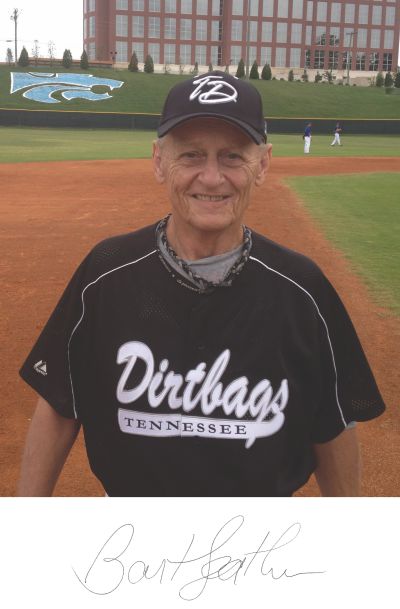 Name something – anything – that could be done in Roy Hobbs Baseball and Bart Leathers has probably done it.
Name something – anything – that could be done in Roy Hobbs Baseball and Bart Leathers has probably done it.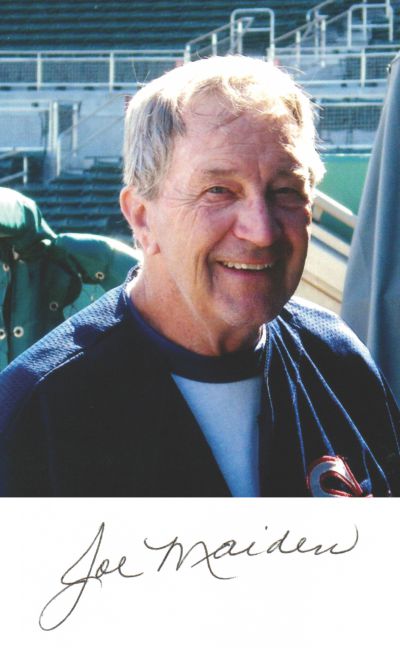 Joe Maiden is a graduate of the U.S. Naval Academy, served 5 years in the Marine Corps and then was an American Airlines pilot for 32 years.
Joe Maiden is a graduate of the U.S. Naval Academy, served 5 years in the Marine Corps and then was an American Airlines pilot for 32 years.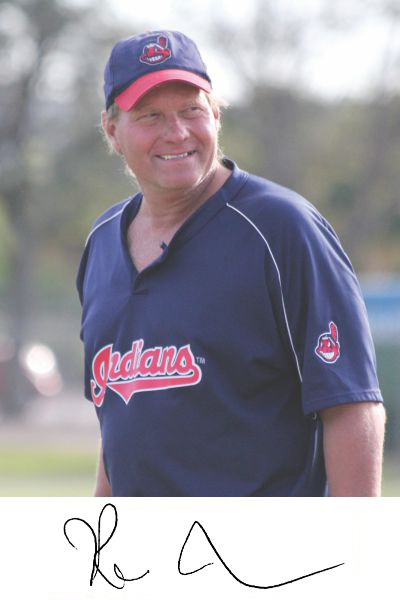 Kevin McBurney was several weeks shy of turning 57 when he died on June 4 of this year. His impact on baseball and his Rhode Island community can be gauged by what folks said when nominating him for the Roy Hobbs Hall of Fame and also on a his memorial page.
Kevin McBurney was several weeks shy of turning 57 when he died on June 4 of this year. His impact on baseball and his Rhode Island community can be gauged by what folks said when nominating him for the Roy Hobbs Hall of Fame and also on a his memorial page.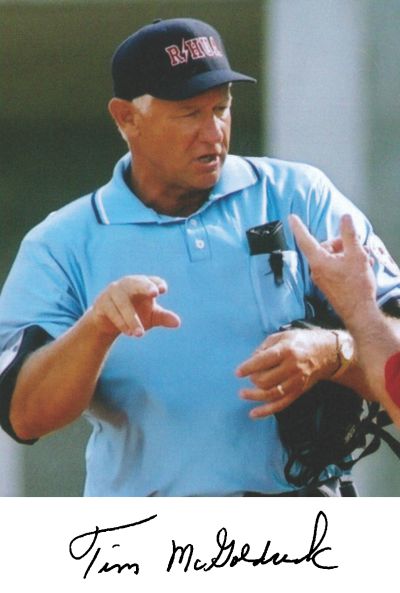 Tim McGoldrick has done just about everything that can be done in baseball and Roy Hobbs.
Tim McGoldrick has done just about everything that can be done in baseball and Roy Hobbs.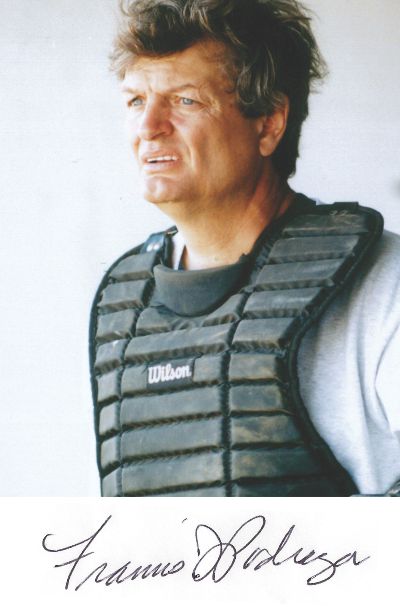 Fran Podraza is Mr. Roy Hobbs in Fort Myers. That doesn’t mean, of course, he should be confused with Robert Redford, who played Hobbs in “The Natural.”
Fran Podraza is Mr. Roy Hobbs in Fort Myers. That doesn’t mean, of course, he should be confused with Robert Redford, who played Hobbs in “The Natural.”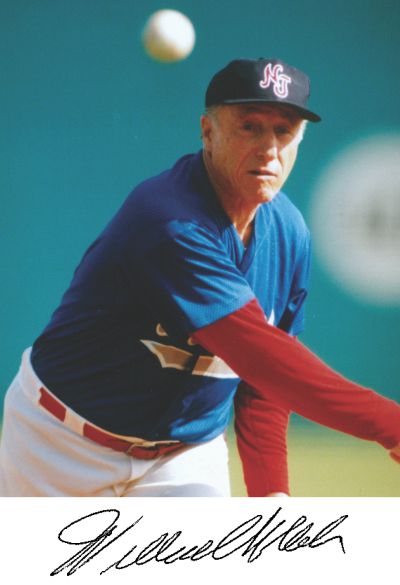 Cy Young’s major-league record of 511 wins is beyond comprehension and almost certainly out of reach of any pitcher.
Cy Young’s major-league record of 511 wins is beyond comprehension and almost certainly out of reach of any pitcher.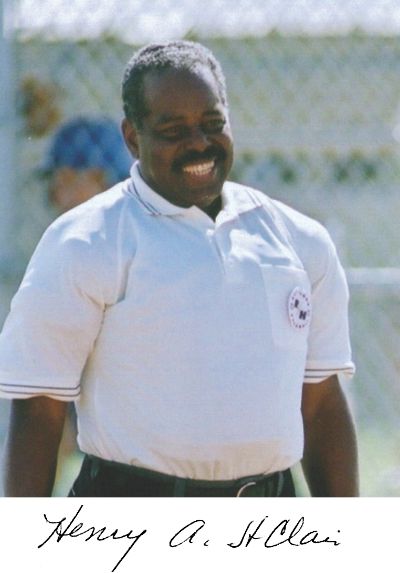 His smile leaps off the page. Any photo one finds of Henry St. Clair, he sports a luminous smile, something that was genuine, judging by heartfelt comments posted after his passing.
His smile leaps off the page. Any photo one finds of Henry St. Clair, he sports a luminous smile, something that was genuine, judging by heartfelt comments posted after his passing. If not for Bob Wagner, the Roy Hobbs World Series might not be in Fort Myers.
If not for Bob Wagner, the Roy Hobbs World Series might not be in Fort Myers.